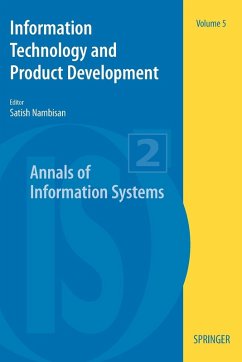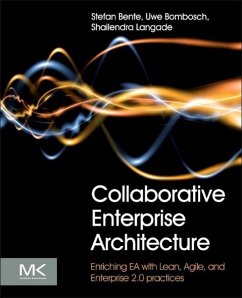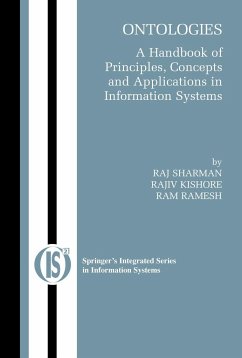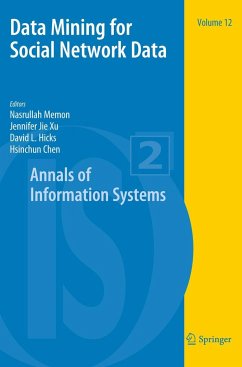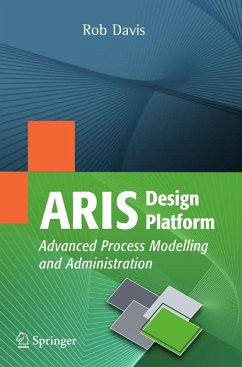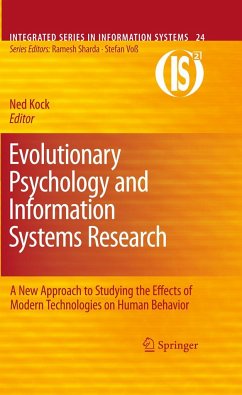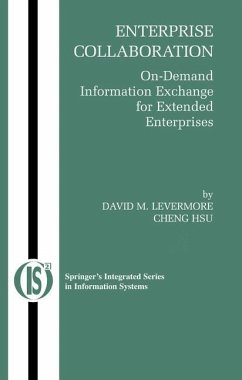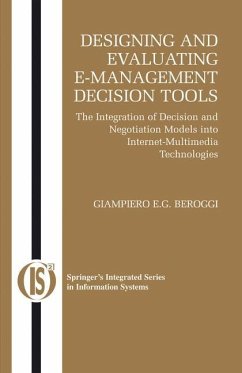
Making Enterprise Information Management (EIM) Work for Business
A Guide to Understanding Information as an Asset

PAYBACK Punkte
23 °P sammeln!
Corporations are increasing data volume at 40% per year, and database archiving storage will double every year for the next 4 years. However, just because corporations have lots of data doesnt mean they know how to use it. A company executive may look at a database and see nothing but a series of random numbers. This book teaches "the businessman" how to effectively interpret data so that these numbers MAKE SENSE! The methodologies, frameworks, and templates described herein teach managers how to first "read" the numbers, and then make intelligent decisions based on what they find. Use EIM to guarantee a breakthrough performance agenda for operational efficiency, competitive differentiation, and overall success!
Making Enterprise Information Management (EIM) Work for Business: A Guide to Understanding Information as an Asset provides a comprehensive discussion of EIM. It endeavors to explain information asset management and place it into a pragmatic, focused, and relevant light.
The book is organized into two parts. Part 1 provides the material required to sell, understand, and validate the EIM program. It explains concepts such as treating Information, Data, and Content as true assets; information management maturity; and how EIM affects organizations. It also reviews the basic process that builds and maintains an EIM program, including two case studies that provide a birds-eye view of the products of the EIM program. Part 2 deals with the methods and artifacts necessary to maintain EIM and have the business manage information. Along with overviews of Information Asset concepts and the EIM process, it discusses how to initiate an EIM program and the necessary building blocks to manage the changes to managed data and content.
The book is organized into two parts. Part 1 provides the material required to sell, understand, and validate the EIM program. It explains concepts such as treating Information, Data, and Content as true assets; information management maturity; and how EIM affects organizations. It also reviews the basic process that builds and maintains an EIM program, including two case studies that provide a birds-eye view of the products of the EIM program. Part 2 deals with the methods and artifacts necessary to maintain EIM and have the business manage information. Along with overviews of Information Asset concepts and the EIM process, it discusses how to initiate an EIM program and the necessary building blocks to manage the changes to managed data and content.




